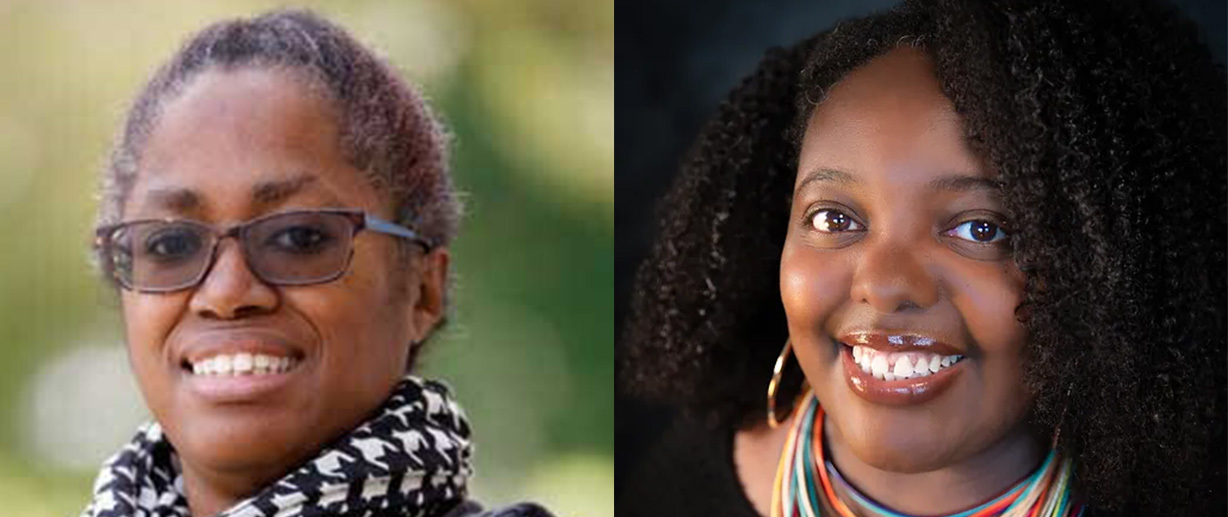Wofford College’s Women’s History Month observance continues Wednesday, March 13, with talks by two distinguished scholars.
Dr. Hilary N. Green, James B. Duke Professor of Africana Studies at Davidson College, will speak on the topic “African American Porches and the Underappreciated Archives of Civil War Memory” at 4 p.m. in the teaching theater in the F.W. Olin Building.
At 6 p.m., Remica Bingham-Risher, an award-winning author and director of quality enhancement initiatives at Old Dominion University, will read her works in McMillan Theater in the Mungo Student Center.
Both events are free and open to the public.
Bingham-Risher has authored four poetry collections, including 2024's "Room Swept Home" and one prose work, "Soul Culture: The Black Poets, Books, and Questions that Grew Me Up" (2022). Copies of "Room Swept Home" and "Soul Culture" will be available for purchase and signature. The reading is co-sponsored by the Department of English and the Office for Civil Rights, Compliance and Community Initiatives.
“Professor Bingham-Risher’s writing offers powerful reflections on the ways in which gender, culture, history and literature inform who we are both as individuals and as a nation,” says Dr. Dwain Pruitt ’95, Wofford’s chief equity officer and vice president for community initiatives. “We’re honored to have a writer of her growing reputation here during Women’s History Month. I give full credit to Sheri Reynolds, John C. Cobb Endowed Chair in the Humanities, for making this event possible.”
Green is the author of “Educational Reconstruction: African American Schools in the Urban South, 1865-1890.” Her work explores the intersections of race, class and gender in pre-1920 African American history, Reconstruction studies and Civil War memory.
Green’s talk is facilitated by Dr. Karen Cox, Lewis P. Jones Visiting Professor of History, and sponsored by Wofford’s history department. Cox says Green will discuss her forthcoming book “Unforgettable Sacrifice: How Black Communities Remembered the Civil War.”
“This highly anticipated book adds to our understanding of Civil War remembrance, which until now has not included the experiences of African Americans during this period,” Cox says. “Attendees will leave with a greater appreciation of how freedmen and women recalled what the war meant in their own communities.”
